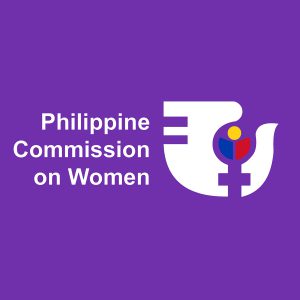
This ethnographic research discusses how do Warat women survivors make meaning of super typhoon Yolanda as expressed in their survival testimonies and disaster symbolisms, how they view their everyday life in relation to the rain, rivers, and the sea, and how they mobilize memories of Yolanda to engage in practises of social repair. This on-site feminist ethnographic research was conducted in the town of Palo in 2015, with 12 self-identified Waray women interviewed from the three barangays or villages of San Miguel, Salvacion and Cogon. The researcher argued that women survivors employ disaster memory as a cultural practise to repair their worldview, insisting on an ontology that still holds some meaning despite the wrathful destruction of a super typhoon that pounds repeatedly through the everyday violence of poverty.
| Asset Type: | Publications |
| Collection: | Foreign Publications |
| Subject: | Typhoon Yolanda, Feminism, Social Repair, Ethnography, Racialized Women, Disasters |
| Author: | Chaya Ocampo Go |
| Publisher: | University of British Columbia |
| Publication Date: | 2016 |

